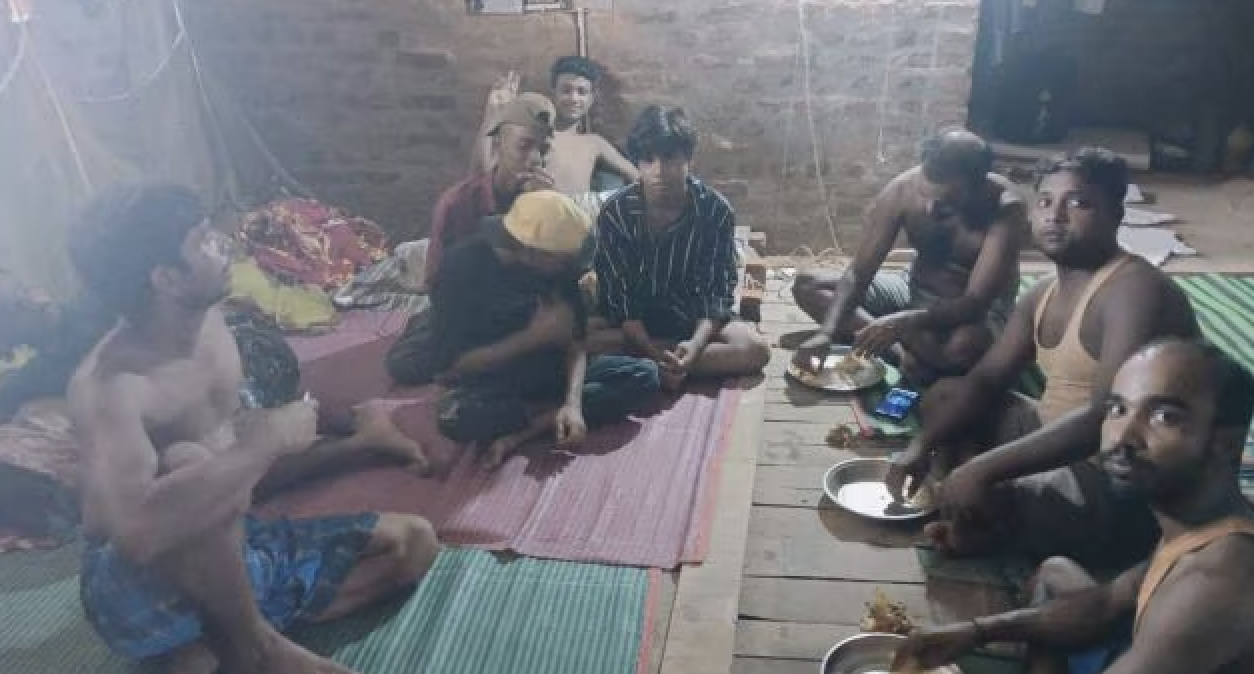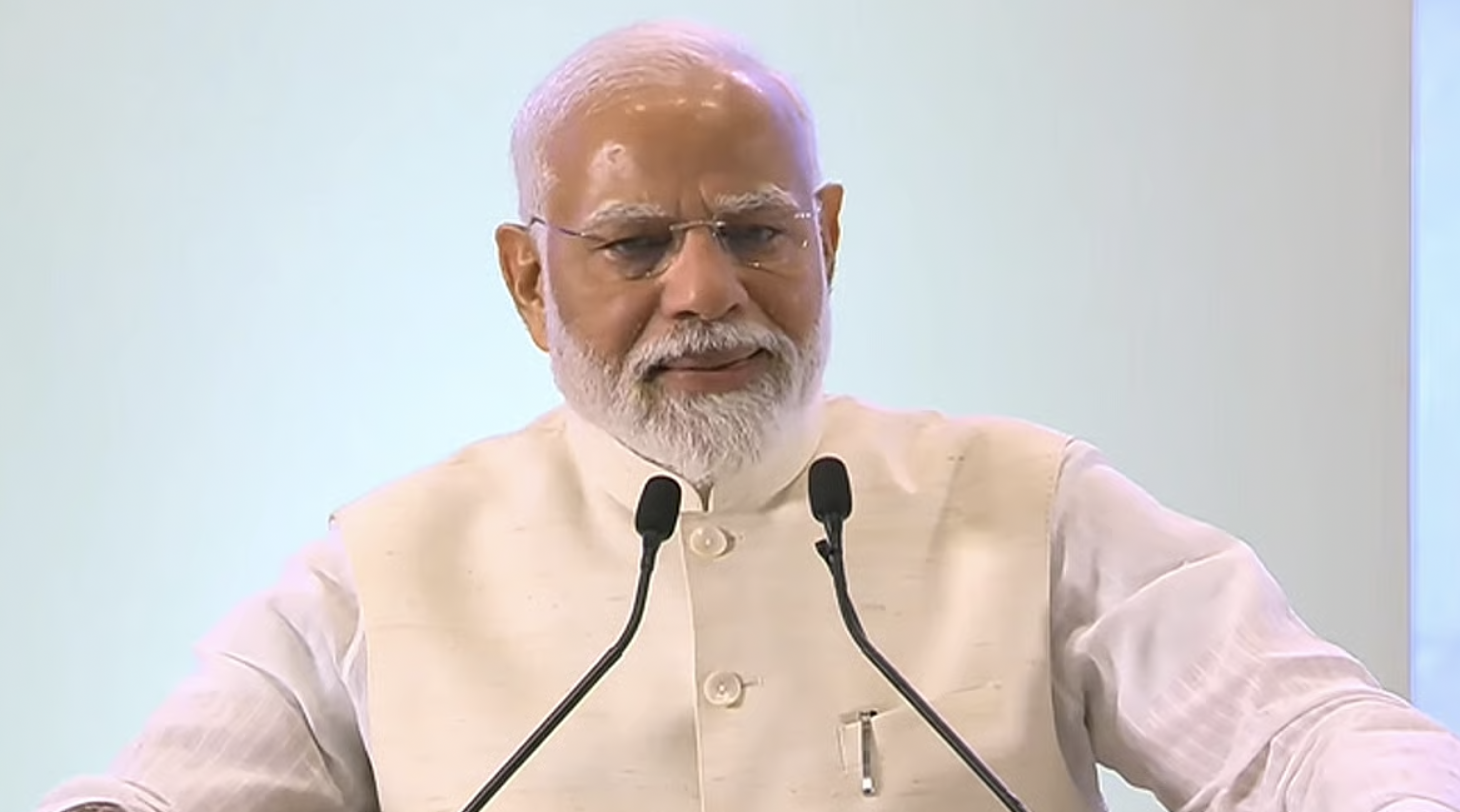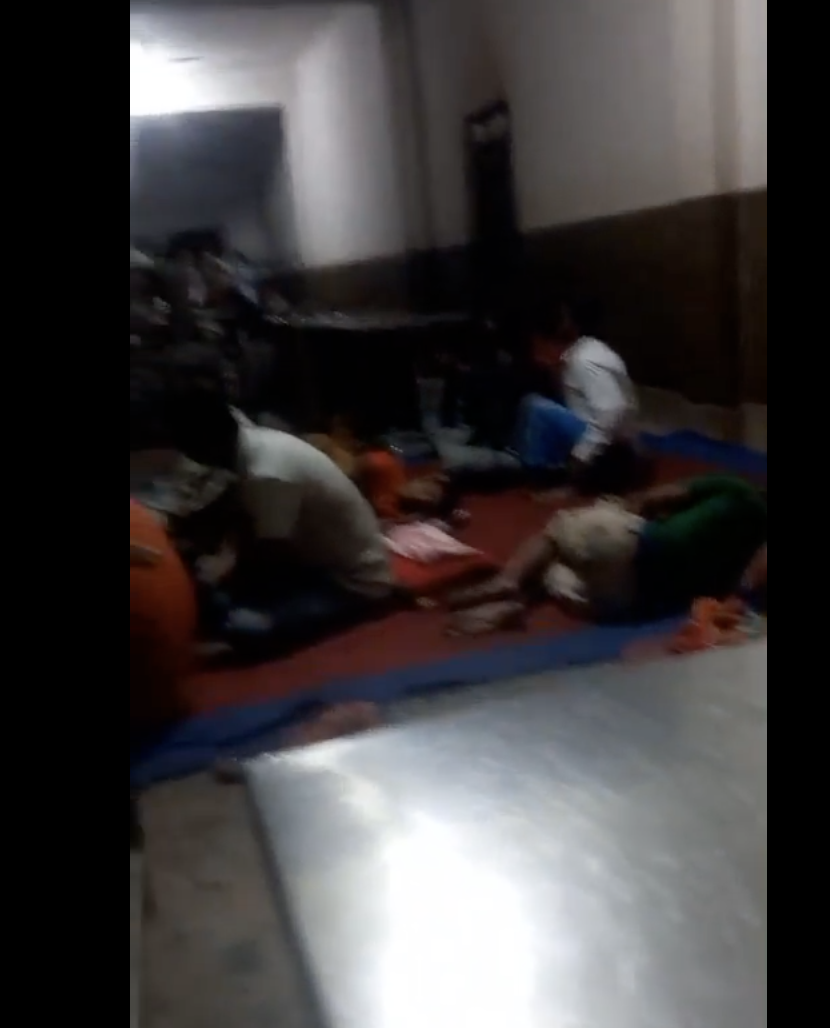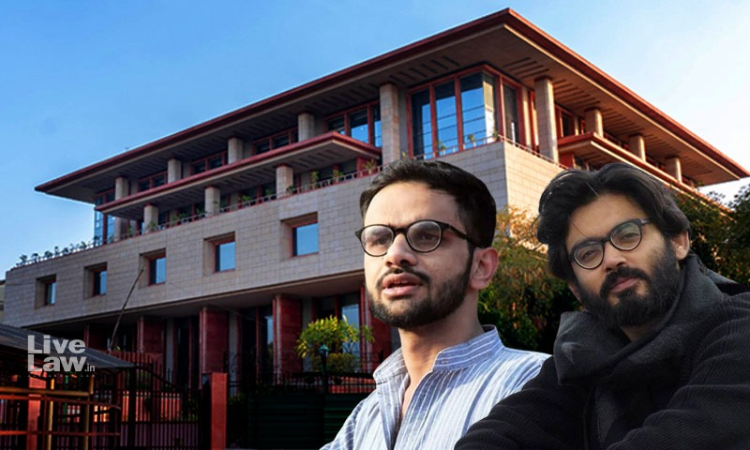
Welcome to The India Fix by Shoaib Daniyal, a newsletter on Indian politics. With election results in and the BJP failing to win a simple majority – after boasts of winning 400 seats – Indian politics is undergoing a paradigm shift. On this Fix, we unpack one facet of this change: the falling fortunes of hate in electoral politics.
As always, if you’ve been sent this newsletter and like it, to get it in your inbox every week, sign up here (click on “follow”).
Have feedback, interesting links or think I am wrong? Write to me: [email protected]
Narendra Modi is no stranger to communal politics. But even by his standards, what he said on April 21 in Rajasthan’s Banswara was startling. The prime minister alleged that the Congress, if it came to power, would implement its ideas of wealth equity by snatching away the mangalsutras of Hindu women and handing them over to Muslims.
The mangalsutra is a necklace worn by married Hindu women which, much like a wedding ring, is a marker of marriage. While what Modi said was not true (the Congress had obviously made no such promise), by linking the emotive symbols of a Hindu woman’s marriage to “Muslim appeasement”, the prime minister was making a powerful appeal to hate. That was not all. Modi went on to describe Indian Muslims “infiltrators” and “those who have more children”.
Diminishing returns
On Tuesday, as the election results streamed in, it was clear that Modi’s extremism had not paid off. The Hindutva party lost Banswara by a landslide, trailing the winner by 2.5 lakh votes.
For a decade now, the BJP under Modi has deployed its ideology of Hindutva as a sharp electoral tool. Much of this simply meant pillorying Muslims, one of India’s poorest, most vulnerable groups. While morally repugnant, the political results were impressive. Hindutva helped the BJP shape a coalition of improbables, uniting Hindu castes across the spectrum into a formidable electoral bloc.
But like in Banswara, it is clear that this strategy had limited appeal across India in this election. While Modi ran India’s most communal election campaign, the BJP’s seats went down sharply – not up.
Does this mean India’s voters voted against hate?
Yes – and no.
Hindutva dominance
There is little doubt that Hindutva has a powerful appeal in many parts of India. To some extent, this is an idea that predates the BJP. When the BJP pushes Hindutva, it finds ready appeal among a significant section of India’s electorate.
This story was originally published in scroll.in. Read the full story here.






